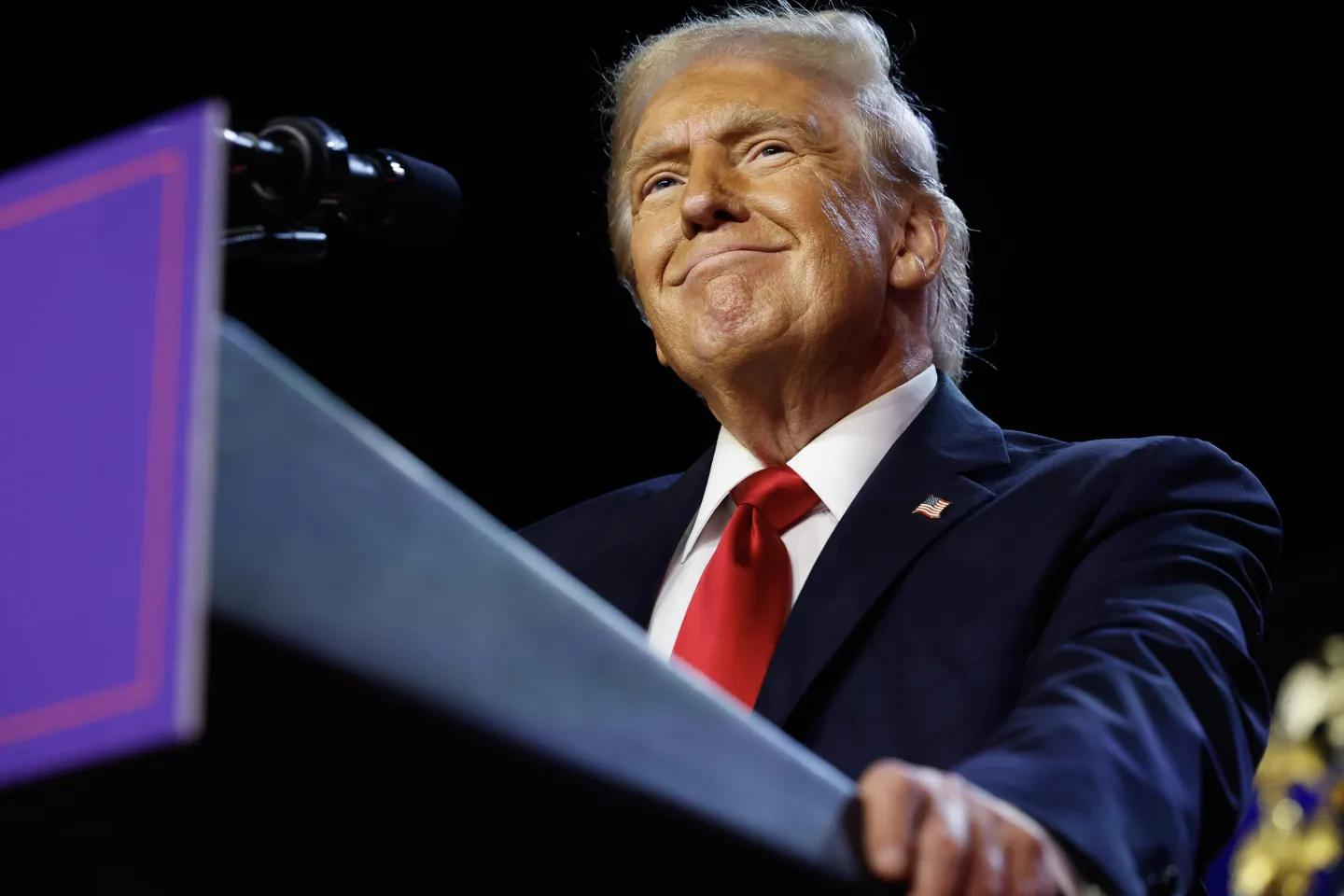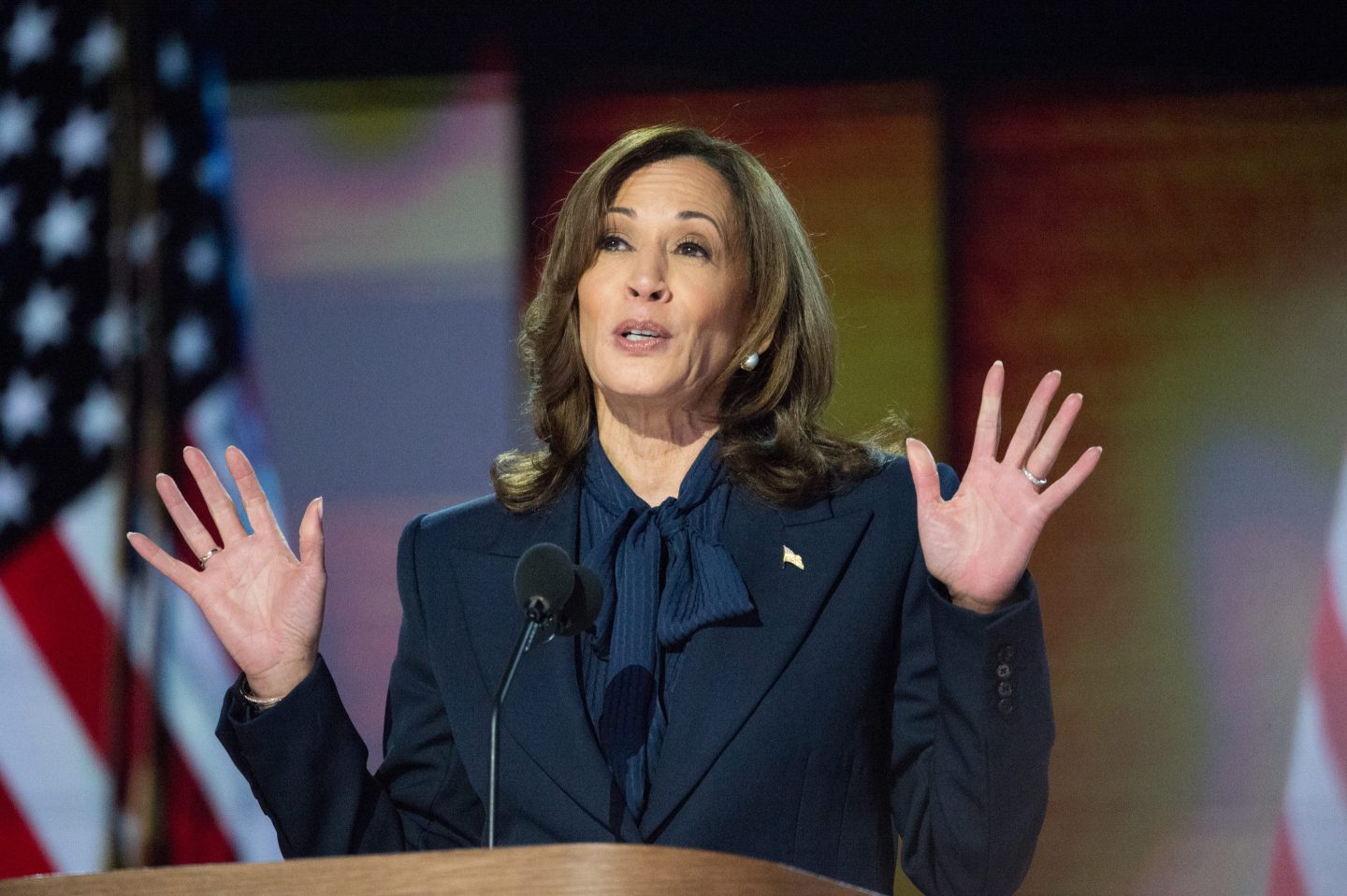Gov. Tim Walz Dismisses Concerns Over Harris’s Tax Plan, But Americans Should Brace for Impact on Their Wallets
Gov. Tim Walz may claim a Harris administration would have “no place in Americans’ bedrooms,” but Kamala Harris’s proposed $5 trillion tax hike would have a much bigger place in Americans’ wallets and bank accounts. The sweeping tax increases outlined by Harris would not only be the largest in American history but would also fundamentally transform the way the government extracts funds from its citizens, reshaping the American economy in ways we haven’t seen before.
Among the key elements of Harris’s tax plan:
A 33% Increase in the Corporate Tax Rate
Harris is proposing to raise the corporate tax rate from 21% to 28%. This substantial 33% hike would severely undermine the global competitiveness of American businesses. When combined with state taxes, American corporations would end up being among the most heavily taxed in the developed world. This would likely result in a return to the days of corporate inversions, where businesses moved operations offshore to reduce tax burdens.
Economists—and common sense—agree that such corporate tax hikes ultimately fall on the shoulders of workers and customers. As companies struggle to cover these costs, they are forced to lower wages and raise prices. It’s important to note that over one million small American businesses file as corporations, so this tax increase wouldn’t just target big names like Google and Apple, despite Harris’s rhetoric.
Doubling the Capital Gains Tax Rate
Another proposal in Harris’s tax plan involves raising the capital gains tax rate to match the personal income tax rate, effectively doubling it. This would create a massive disincentive for investing in America, drying up access to credit and causing equity prices—on which many Americans depend for their retirement—to plunge.
The current lower tax rate on investment income exists for good reasons. Firstly, it’s not adjusted for inflation, meaning investors already lose out to inflation. Secondly, investment income is already taxed at the corporate level, which is why it’s taxed at a lower rate when distributed to shareholders, to minimize double taxation.
Ending the Step-Up in Basis for Estates
Harris also wants to eliminate the step-up in basis for inherited estates, effectively treating death as a taxable event. This drastic change would severely impact baby boomers planning their estates, slashing what they can pass on to their heirs.
Consider a small family business or farm that has appreciated from $100,000 to $1 million over a generation. Under Harris’s plan, the heirs could face a crippling tax bill that they may not be able to afford, forcing them to sell the property to cover the costs. This isn’t just a tax proposal; it’s an attack on the fundamental American aspiration of creating generational wealth.
Introducing a Wealth Tax on Unrealized Gains
Harris’s plan to tax unrealized capital gains—essentially a wealth tax—would be a game-changer. Under this policy, Americans would be taxed on paper gains in property and investments before they are realized. This means people could be taxed on profits that might never actually materialize.
Imagine the punitive consequences for investors in companies like Peloton or WeWork, which have seen their stock values plummet. Small business owners, too, who have worked for decades to increase the value of their businesses would face hefty tax bills year after year, penalizing them for their hard work and success.
Letting the Tax Cuts and Jobs Act Expire
Harris opposes the Tax Cuts and Jobs Act (TCJA) of 2017 and intends to let it expire at the end of next year. This would lead to a massive tax hike for Main Street, taking away benefits like the 20% small business tax deduction, immediate expensing of capital, and lower tax rates.
The TCJA spurred an economic boom in 2018 and 2019, fostering shared prosperity across the nation and helping many small businesses weather economic storms. Reversing these tax cuts could be the final nail in the coffin for countless small businesses already struggling under the weight of other proposed tax increases.
A Plan to Devastate Small Businesses and American Prosperity
These tax hikes are just the beginning of what a Harris administration could have in store. With plans to increase the top marginal personal tax rate to 44.6% and quintuple the stock buyback tax, it is clear that Harris’s vision for America involves significantly expanding the government’s reach into every American’s pocketbook.
While Gov. Tim Walz tries to downplay the impact of Harris’s policies, Americans should brace themselves. A Harris administration would mean more government interference in our economic freedoms, threatening the very fabric of American prosperity and entrepreneurship.









